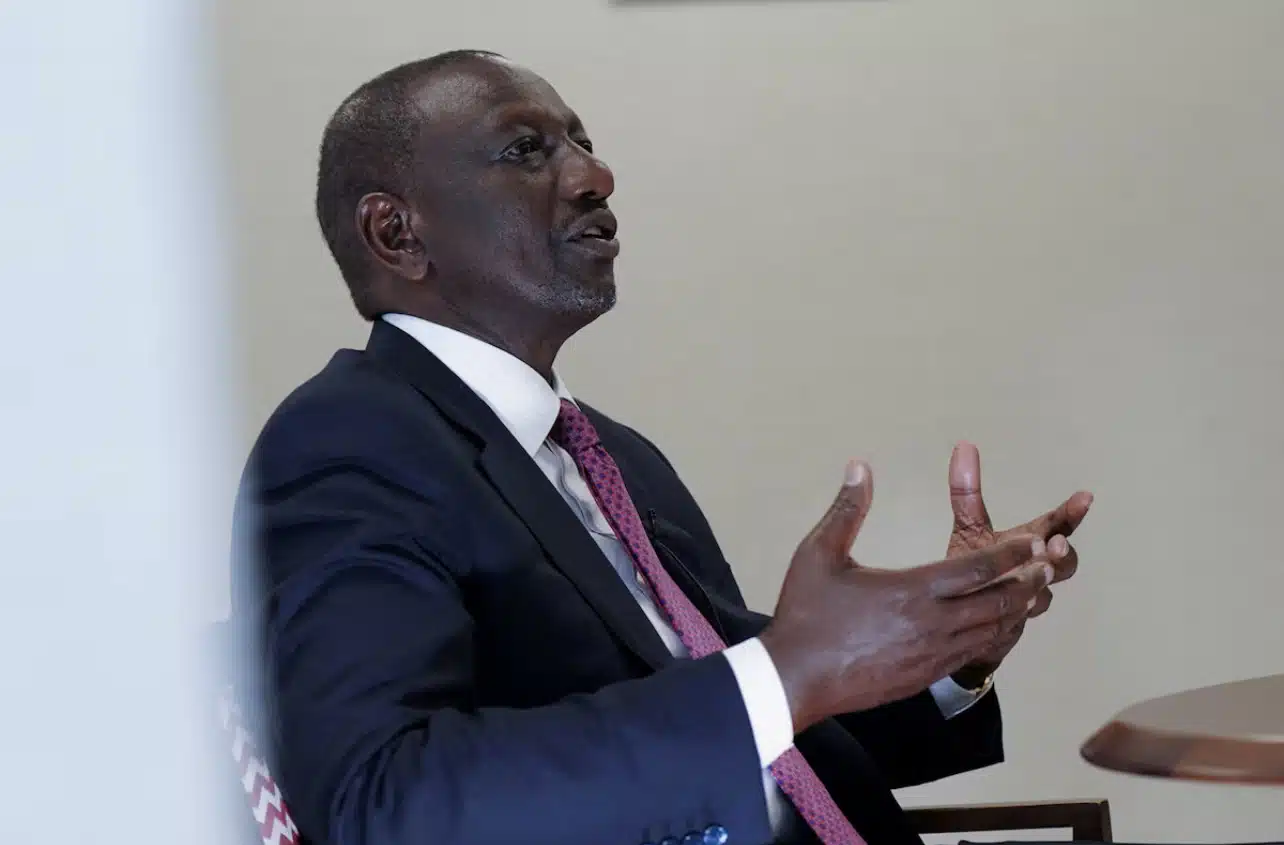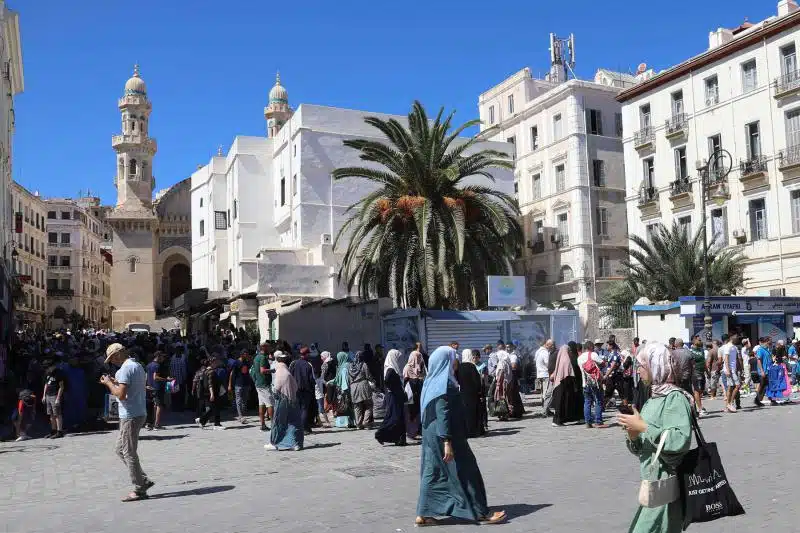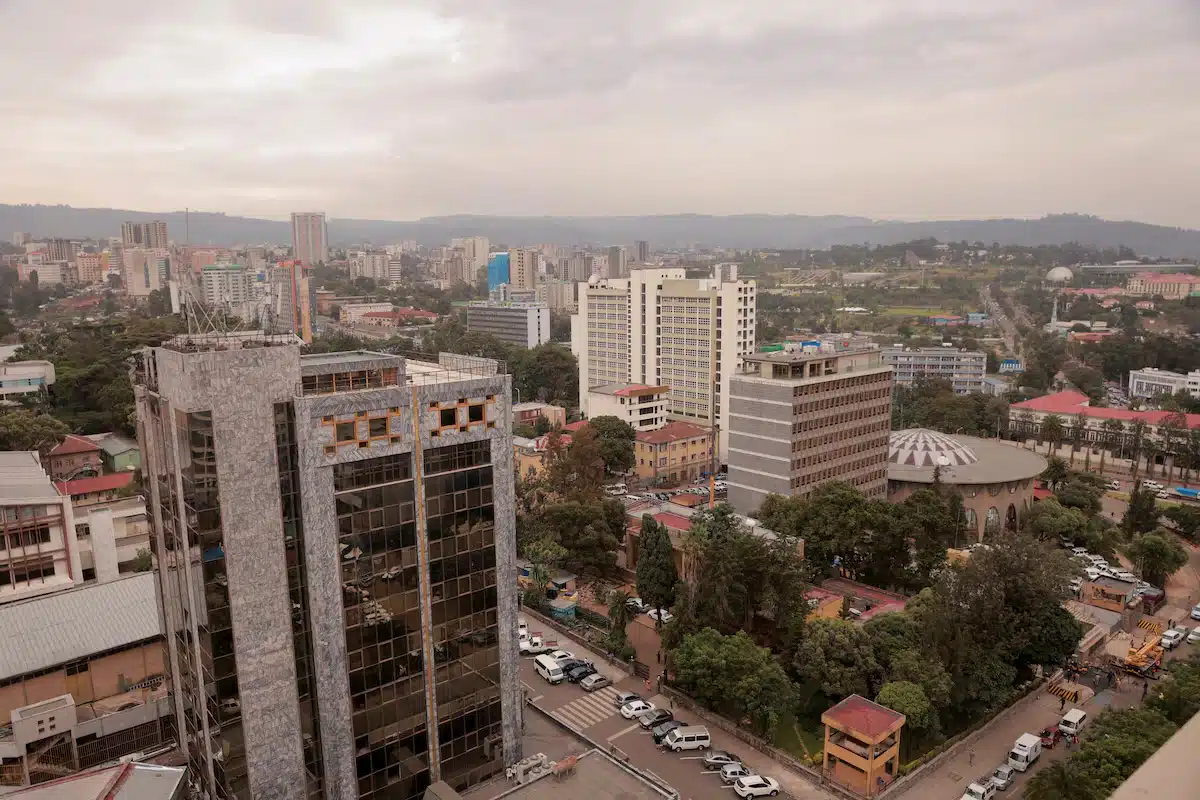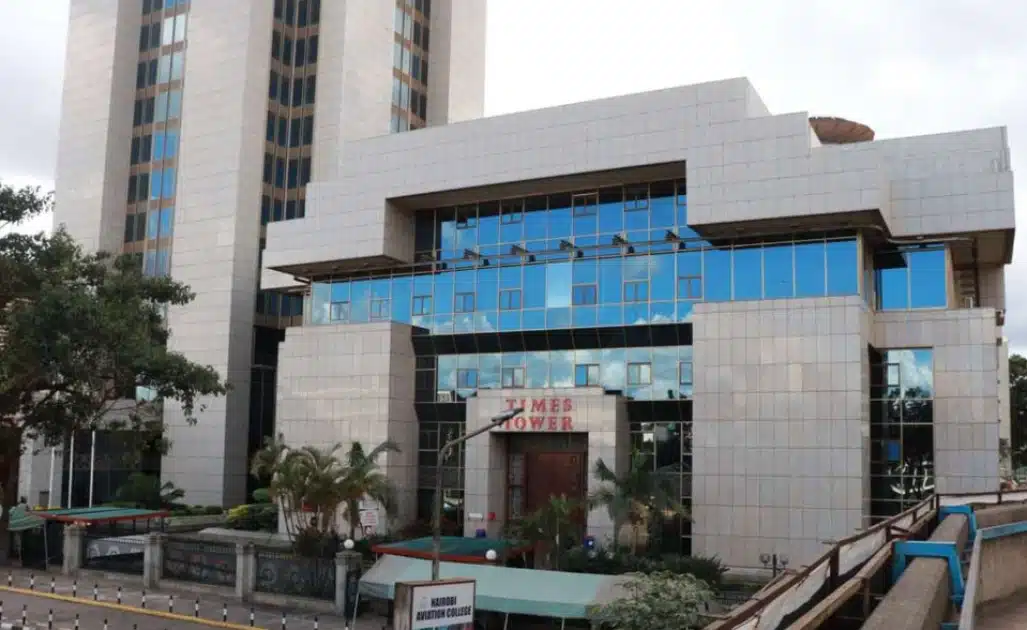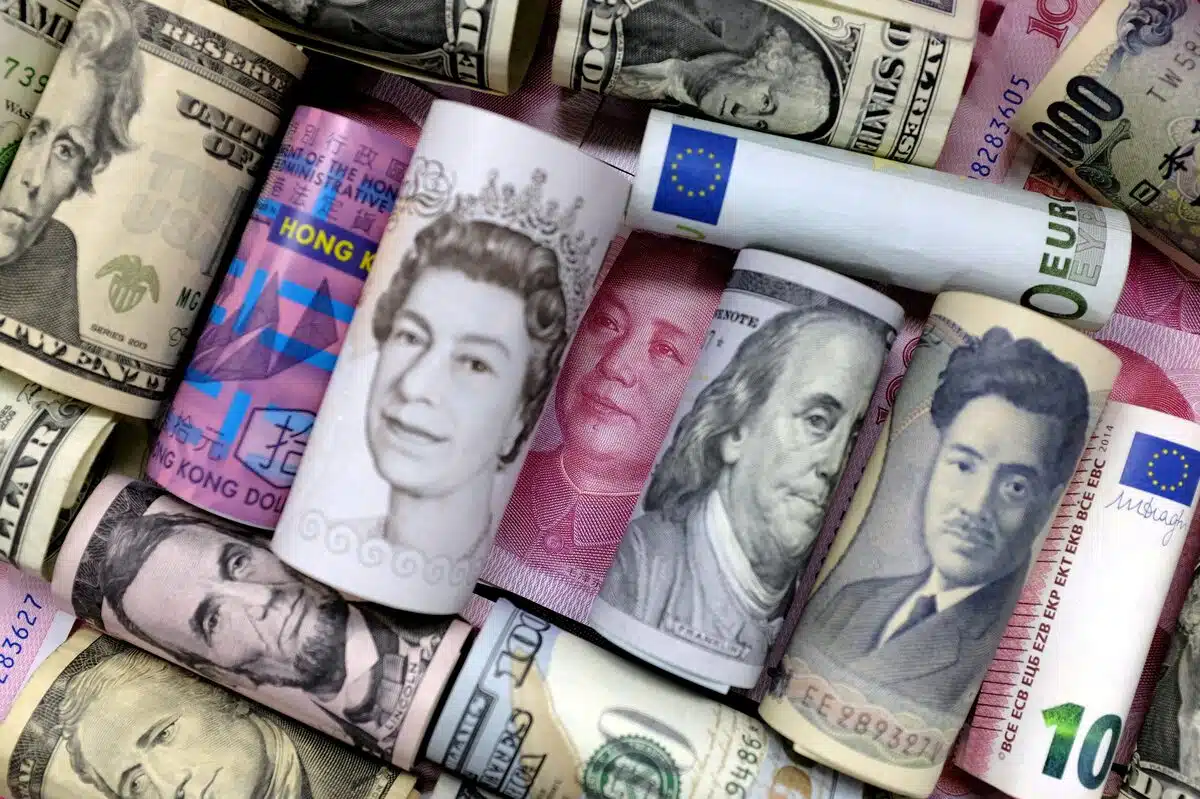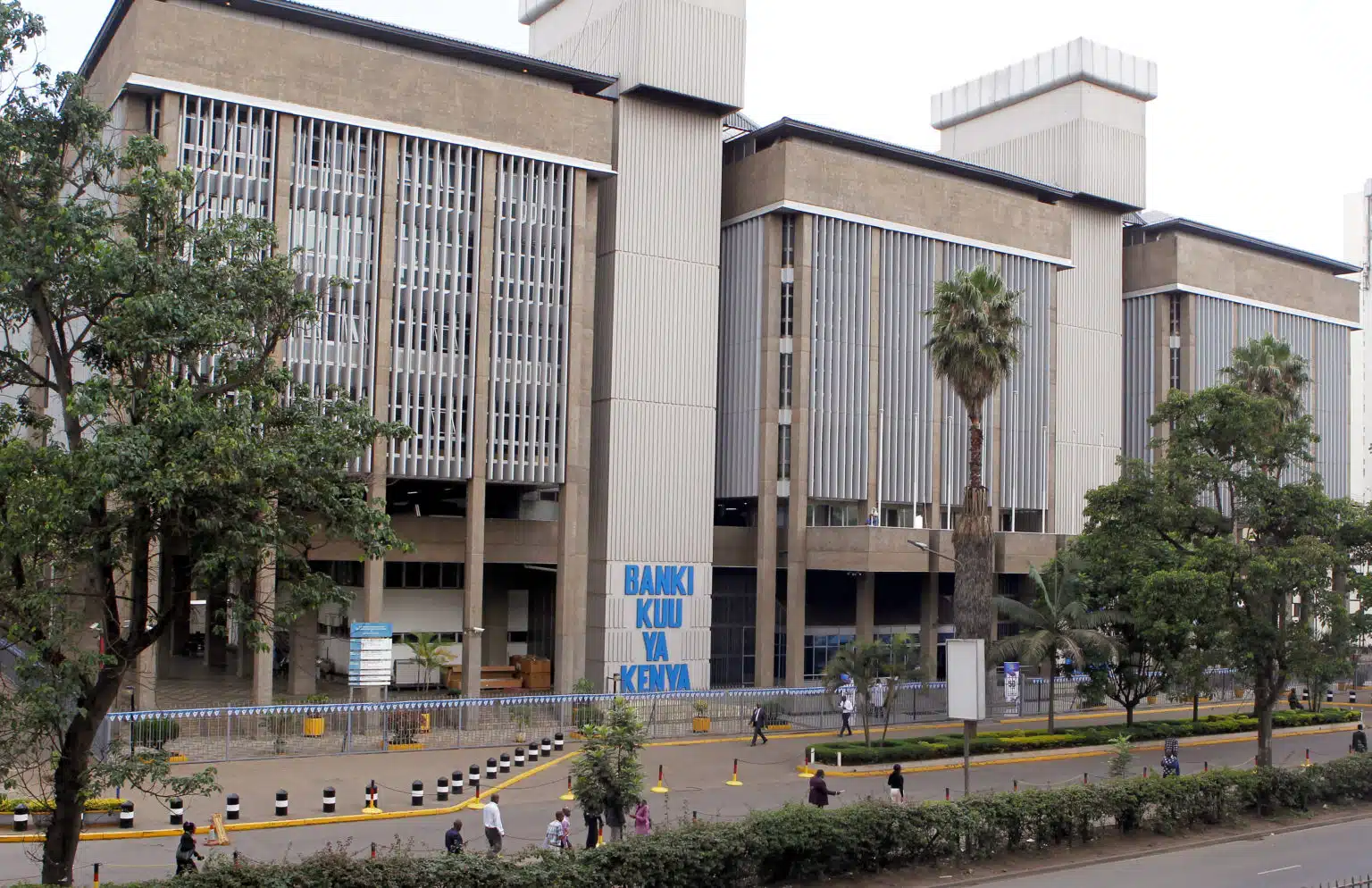Senegal’s debt servicing costs surged to nearly $1.8 billion in the six months between September 2024 and March 2025, according to delayed budget execution reports released Monday, underscoring mounting fiscal pressures in the West African country.
In the fourth quarter of 2024 alone, debt repayments totalled $1.4 billion, up 44.5% year-on-year.
The increase was largely driven by external debt servicing, which rose by $318.1 million or 36.6%. Domestic debt servicing also spiked by 93.3%, adding $130.9 million to the government’s repayment burden.
In the first quarter of 2025, debt service obligations grew by another 23.98% year-on-year to reach $399.2 million. Nearly two-thirds of the debt is owed to banks, with the rest comprising arrears linked to unpaid supplier invoices and outstanding taxes.
The sharp rise in debt costs comes as Senegal struggles with weak donor inflows. External grants fell 71.5% year-on-year in Q1 2025 to just $14.17 million, reflecting growing difficulties in attracting budget support from international partners.
Meanwhile, the government mobilised $1.8 billion in revenue during the first quarter, equivalent to 21.4% of its full-year target. Total expenditures stood at $2.48 billion, covering both recurrent spending and capital investments.
While authorities have reiterated their commitment to fiscal discipline and debt reform, Senegal remains under intense scrutiny from lenders.
The International Monetary Fund (IMF) suspended disbursements under its programme with Dakar last year after the government admitted to misreporting debt and deficit figures.
A February 2025 audit by Senegal’s court of auditors revealed that budget deficits had been understated by as much as seven percentage points of GDP annually, pushing the country’s debt ratio to around 100% of GDP at the end of 2023—well above the previously reported 74%.
The last quarter of 2024 did show stronger revenue performance, with receipts of $7.09 billion exceeding revised targets by nearly 4%.
However, expenditures rose even faster, hitting $11.52 billion—a 61.3% increase year-on-year.
That period also saw the accumulation of fresh arrears, including $259.3 million in unpaid energy subsidies and $186.4 million owed to contractors in the construction sector.
Despite the challenges, Senegal’s authorities insist the country remains committed to restoring fiscal credibility and stabilising its public finances.
However, talks with the IMF on a new financing arrangement remain on hold until the issue of data misreporting is fully resolved.
The financial figures were originally reported in Kenyan shillings and have been converted at an exchange rate of 564.2 CFA francs, as of June 24, 2025.



